Monty Panesar: England spinner opens up about his mental illness
- Published
I got paranoid and depressed - Panesar
England's Monty Panesar says he has learned to accept he needs medication to help him deal with mental illness.
The 34-year-old spinner sought medical advice to cope with feelings of anxiety and paranoia that stemmed from a loss of confidence and self-esteem.
He was prescribed medication but now admits his reluctance to take it contributed to his problem.
"I didn't believe in medication," said Luton-born Panesar. "I've been brought up to say it isn't good for you."
Panesar said the medication "took away the symptoms of being paranoid" but revealed he had always been warned about potential side-effects.
Released by Essex at the end of the 2015 season after off-field "issues", Panesar later admitted to mental health issues.
Now at Northamptonshire, he is targeting an England recall after two-and-half years out of the Test side, his last appearance coming in Melbourne during the Ashes at the end of 2013.
Panesar said: "The people who were helping me did see a change. They said to me it would it take three to six months to get back to where I need to be.
"You have got to take one step at a time and be patient with the whole process and eventually have the faith that things will get better."
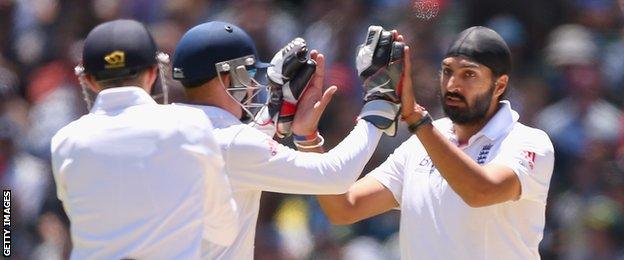
Monty Panesar has not played for England since the Ashes Test in Melbourne in 2013
'It is important to open up'
Panesar, who has taken 167 wickets at an average of 34.71 in 50 Tests, is now trying to use his experiences to work as a mental health ambassador for the Professional Cricketers Association (PCA).
"The signs that you can spot in other people in a dressing room is if they are very isolated and don't engage with the whole team," he told BBC Sport.
"On away trips, if you are going for team meals, are they just going back to their room and ordering room service?
"It's really important when you feel down that you engage with other human beings and you speak to other people about it.
"Once a cricketer gets isolated, they are signs that you really should look after that person. As sportspeople, you pride yourself on being mentally strong and ruthless, all the attributes that lead to competitive performance.
"But when you have a weakness in you, you don't really want to open up to it. You always want to show that you are strong.
"The quicker you open up the quicker you will get the support and the help."
'Better people equal better cricketers'
No shame in depression - Sussex captain Michael Yardy
The PCA believes more cricketers are taking issues of personal welfare and development seriously.
It says there has been a vast increase over the past decade in the number of players using the programme it offers, but issues are especially apparent when cricketers retire.
According to a new survey, nearly all cricketers say they struggle when their careers finish, with 16% experiencing feelings of depression and despair in the first year after retiring.
The survey also found that almost a third of past players said they did not feel in control of their lives two years after playing.
The PCA would like to see more cricket welfare managers in the country to deal with these kinds of issues.
PCA assistant chief executive Jason Ratcliffe said: "We have a duty to create more resilient and confident people, something which should also ensure better performing cricketers.
"In turn, this should lead to a better product to sell to broadcasters and spectators, ultimately creating more income for the game. Better people equals better cricketers."
- Published18 May 2016
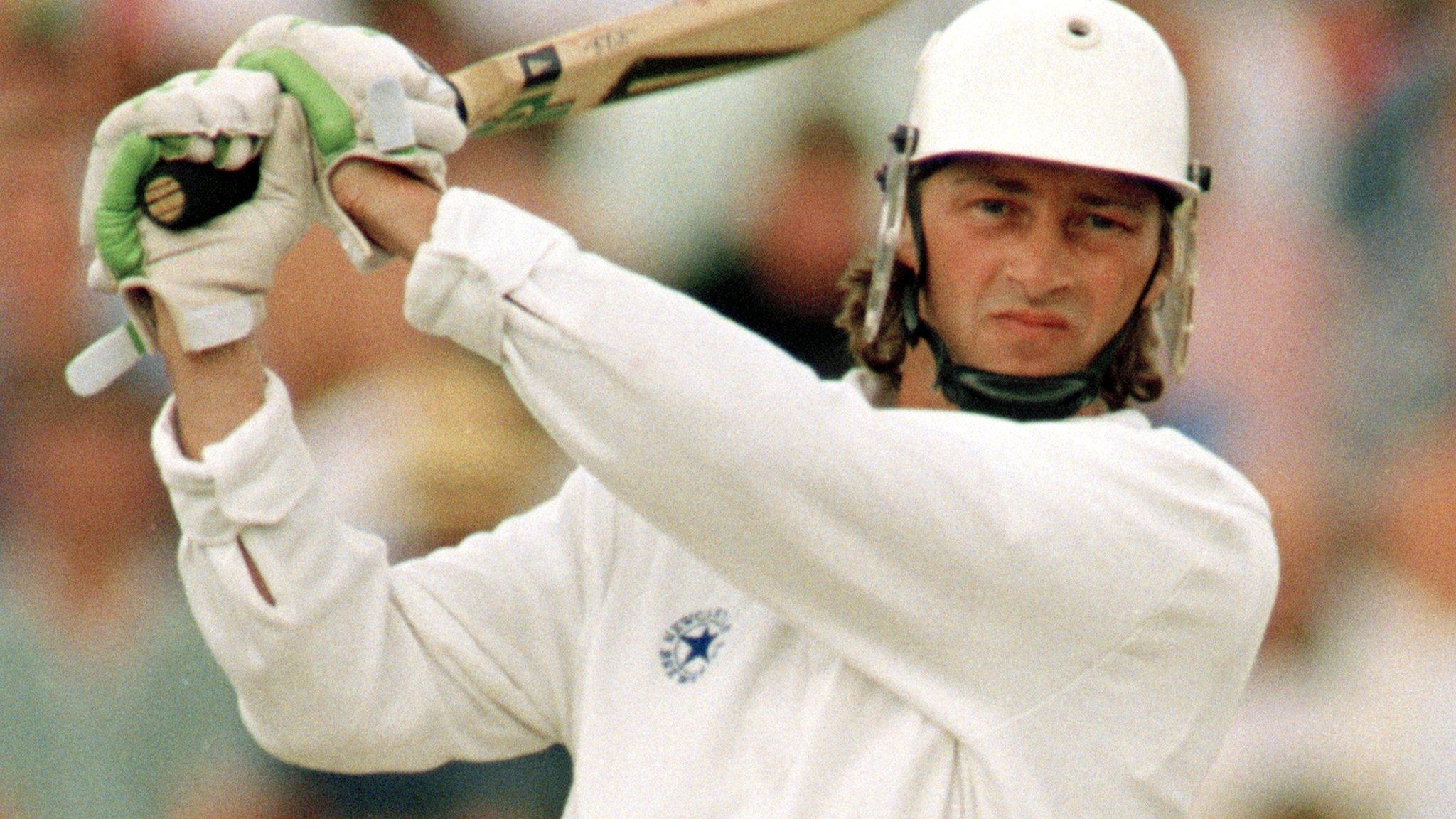
- Published15 May 2016

- Published4 April 2016
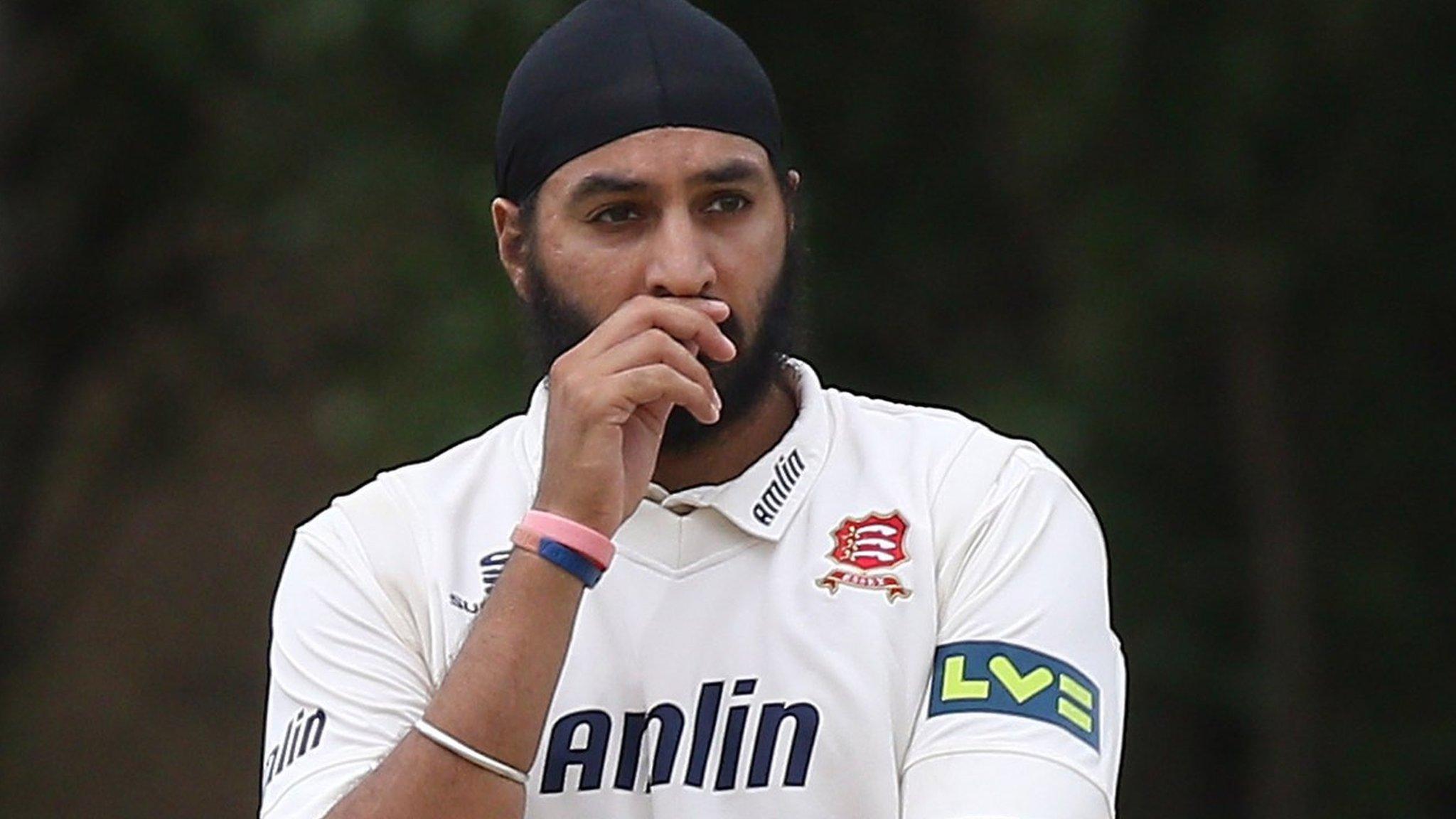
- Published4 April 2016
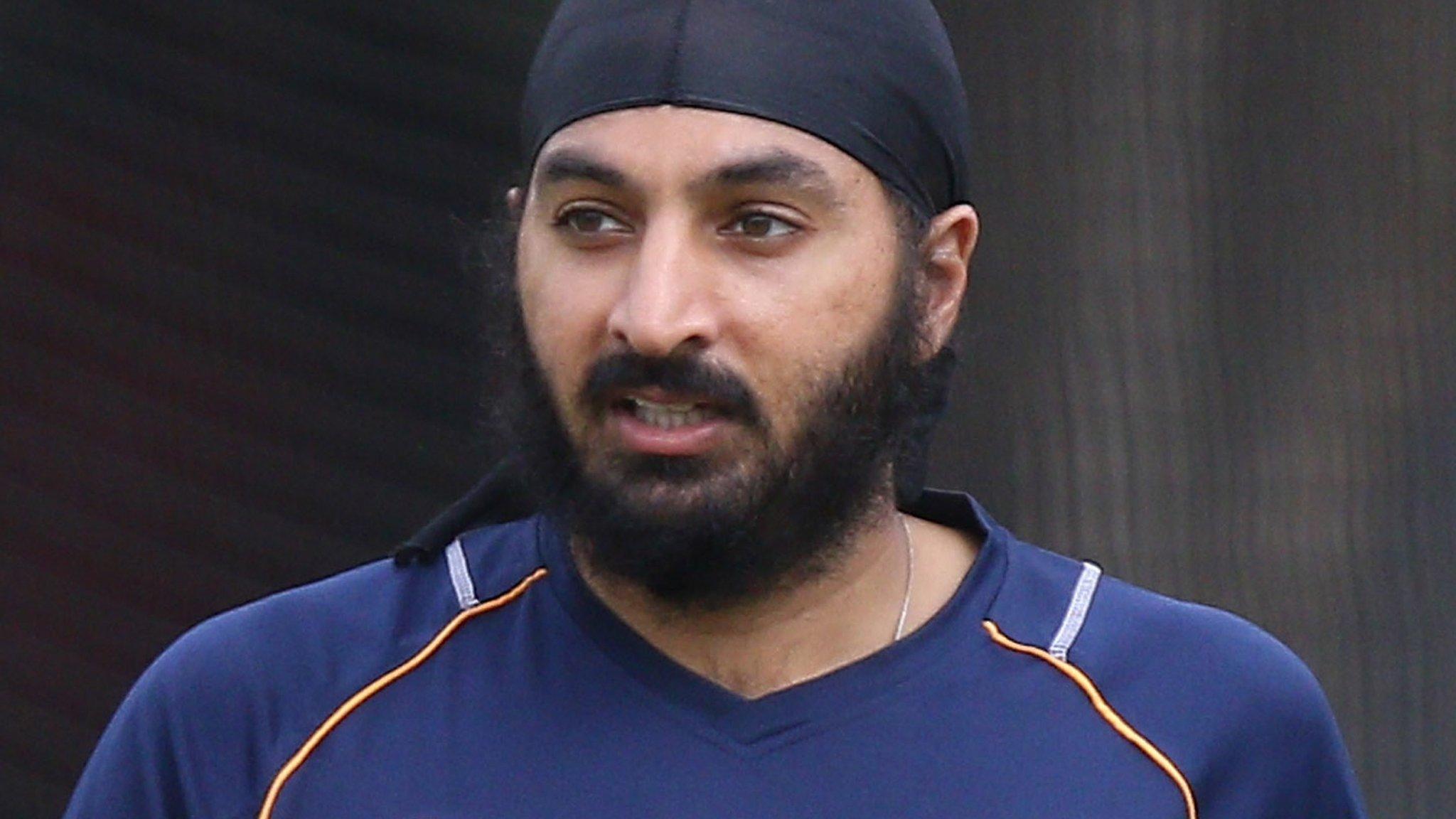
- Published3 July 2015
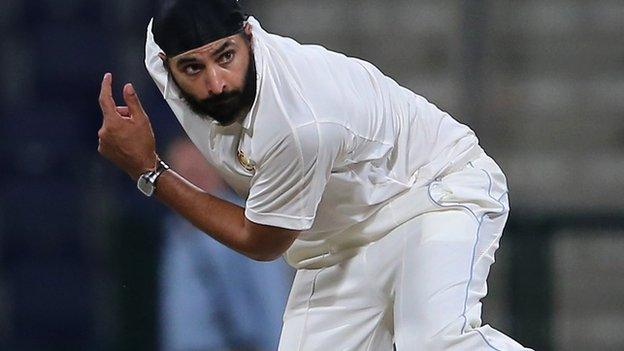
- Published10 March 2019

- Published15 May 2018

- Published18 October 2019
